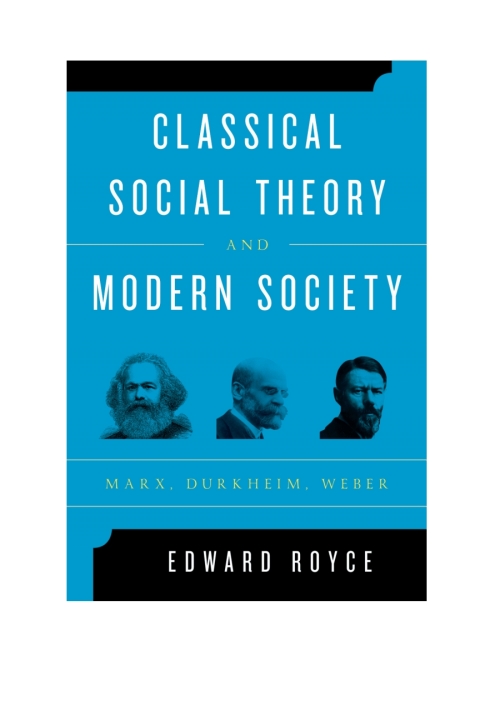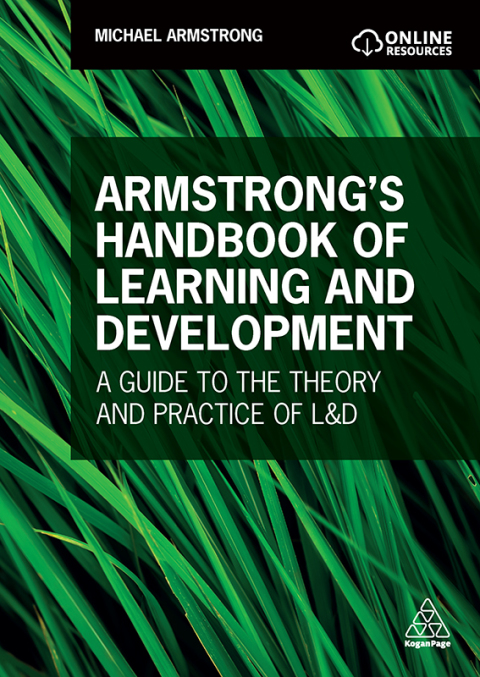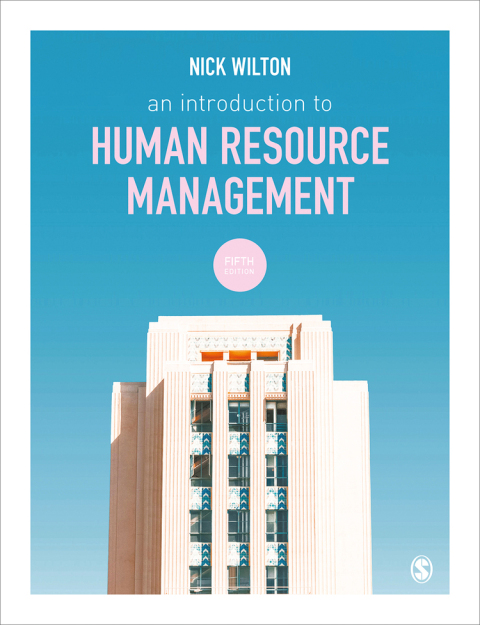Description
Efnisyfirlit
- Detailed Contents
- Acknowledgments
- 1 Introduction
- Classical Sociology and the Great Transformation
- The Enlightenment
- The French Revolution
- The Industrial Revolution
- Classical Sociology and Modern Society
- Marx, Durkheim, and Weber: Theorists of Modernity
- Marx, Durkheim, and Weber: Defenders of Modernity
- Marx, Durkheim, and Weber: Critics of Modernity
- Marx, Durkheim, and Weber: Public Intellectuals
- The Plan of the Book
- Part I: Overview
- 2 Karl Marx (1818–1883)
- Historical Materialism
- Marx’s Materialist Conception of Society
- Marx’s Materialist Conception of History
- Marx’s Practical Materialism
- The Capitalist Mode of Production
- Capitalist Commodity Production
- The Labor Theory of Value
- Primitive Accumulation
- Labor Power: A Most Peculiar Commodity
- The Industrial Reserve Army
- The Hidden Abode of Production
- The Consumption of Labor Power
- The Secret of Profit Making
- The Exploitation of Labor
- Capitalist Contradictions and Crisis Tendencies
- Capitalist Development and Socialist Revolution
- Capitalism as a Modernizing Force
- The Historical Mission of Capitalism
- The Formation of a Revolutionary Working Class
- 3 Emile Durkheim (1858–1917)
- The Sociological Enterprise
- The Domain of Sociology
- The Social Nature of Social Facts
- The Factual Nature of Social Facts
- Explaining Social Facts
- The Normal and the Pathological
- Modern Society: Specialization and Solidarity
- Segmentary Society and Organized Society
- The Origins of the Division of Labor
- The Collective Consciousness
- Repressive Law and Restitutive Law
- Mechanical Solidarity and Organic Solidarity
- Sociology, Suicide, and Modernity
- The Social Rate of Suicide
- The Social Types of Suicide
- The Individual and Society
- Civilization and Humanity
- God and Society
- Homo Duplex
- Moral Education and the Formation of the Social Being
- 4 Max Weber (1864–1920)
- The Rationalization Theme
- The Rationalization of Social Action
- Modern Rational Capitalism
- Capitalism: Modern and Pre-Modern
- Modern Rational Capitalism: Preconditions and Characteristics
- The Protestant Ethic and the Spirit of Capitalism
- The Spirit of Capitalism
- Ascetic Protestantism
- From Ascetic Protestantism to Modern Capitalism
- The Rise of the Capitalist System
- The Rationalization of Legitimate Authority
- Traditional Authority
- Charismatic Authority
- Rational-Legal Authority
- Legitimate Authority, Modernity, and Rationalization
- Bureaucratic Rationalization
- Science, Disenchantment, and the Crisis of Meaning
- The Circumstances of Science in the Modern World
- The Disenchantment of the World
- Empirical Judgments and Value Judgments
- Cultural Differentiation and Value Pluralism
- The Value of Science
- Modernity and Rationalization
- Part II: Themes
- 5 The Modern Condition
- Karl Marx: The Fate of the Working Class
- The Developmental Tendencies of Capitalism
- The Process of Valorization
- From Manufacture to Modern Industry
- The Immiseration of the Working Class
- The Alienation of Labor
- The Irrationality of Capitalism
- Emile Durkheim: The Malaise of Modern Society
- A State of Transition
- The Crisis of Modern Society
- Corporate Organizations
- Max Weber: The Iron Cage
- The Iron Cage
- Capitalism: The Most Fateful Force in Our Modern Life
- Bureaucracy: A Structure of Domination
- Formal and Substantive Rationality
- Marx, Durkheim, and Weber on the Modern Condition
- The Diagnosis of Modernity
- Progress and Social Change
- The End of History?
- 6 The Fate of the Individual
- Karl Marx: Free Individuality
- Capitalism, Communism, and Individuality
- Capitalism, Communism, and Freedom
- Emile Durkheim: Moral Individualism
- The Road to Individualism
- Individualism as Pathology
- Moral Individualism
- Max Weber: The Ethic of Personality
- Weber’s Concept of Freedom
- The Routinization of Everyday Life
- The Concept of Personality
- Personality, Individual Freedom, and the Iron Cage
- The Individual, Individualism, and Modernity
- Common Ground
- Modern Society and Individual Freedom
- Individualism, Freedom, and Self-Realization
- 7 The State and Democracy
- Karl Marx: True Democracy
- Marx’s Early Political Writings
- Marx’s Theory of the Capitalist State
- True Democracy
- The Paris Commune
- Democracy Equals Communism
- Emile Durkheim: The Future Belongs to Democracy
- The Role of the State in Modern Society
- The State and Democracy
- The Future Belongs to Democracy
- Max Weber: Leadership Democracy
- The State and Politics
- Democracy
- Marx, Durkheim, and Weber on the State and Democracy
- The State in Marx, Durkheim, and Weber
- The Idea of Democracy in Marx, Durkheim, and Weber
- 8 Socialism and Capitalism
- Karl Marx: The Self-Emancipation of the Working Class
- Marx’s Road to Socialism
- Marx’s Conception of Socialism and the Socialist Movement
- Marx’s Vision of a Socialist Society
- Emile Durkheim: A Cry of Grief
- Socialism and Sociology
- Durkheim’s Definition of Socialism
- Durkheim contra Marx
- Socialism and Moral Regulation
- Max Weber: The Dictatorship of the Official
- Capitalist Development and Socialist Revolution
- Against Socialism
- For Capitalism
- Capitalism, Socialism, and Modernity
- Marx, Durkheim, and Weber on Socialism
- The Worker Question and the Pathologies of Capitalism
- Capitalism, Socialism, and Modernity
- 9 Conclusion
- Notes
- Selected Bibliography
- Index
- About the Author






Reviews
There are no reviews yet.